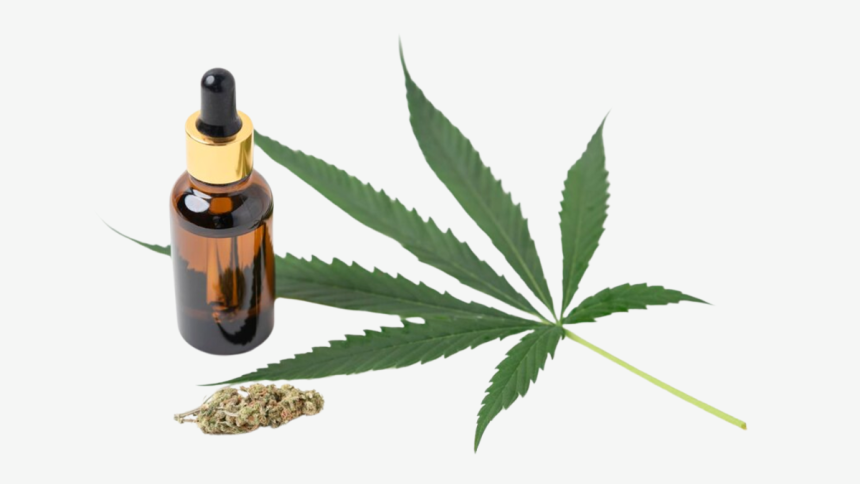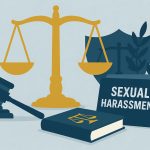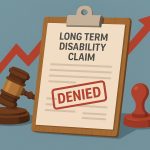Just a few years back, people were skeptical about things like CBD oils, gummies, or any other form of cannabinoid products. The government also had restrictions in place, and you simply couldn’t get your hands on quality products legally. Then things changed in 2018 with the farm bill, and all across the country, there was a sudden demand for CBD products.
People from all walks of life started talking, consuming, and sharing their experiences with this potentially healing and therapeutic effects-rich compound. Canada, Europe, the US, Latin America, and Southeast Asia all saw sudden changes in CBD laws and rising demand.
From your local influencer to your favorite celebrity, they started urging you to buy CBD oilas soon as possible. The thing is, it appears that there’s enough data to show that those who use CBD regularly can better manage their pain, anxiety, appetite, mobility, and sleep troubles. But is it good for everyone?
Well no. A certain set of people should try to avoid it. Let’s learn about this topic in detail so that you can make an informed wellness decision.
Who shouldn’t take CBD?
No drug, compound, or product is good for everyone. If you blindly believe the mass hype and do not do due diligence, it may lead to several health complications. Hence, those who shouldn’t use CBD include:
1) Breastfeeding & Pregnant Women
If you are a new mom or soon-to-be mom, then maybe it’s best to cancel your favorite CBD gummy monthly subscription on hold for some time. The thing is, there isn’t concrete research yet that shows how CBD affects a developing child.
Some experts believe that CBD can cross the placenta or pass into breast milk, potentially disrupting a baby’s brain development or causing premature birth. Studies in animals show CBD may affect fetal growth, but human data is lacking.
Health organizations like the CDC and WHO warn against using cannabis products (including CBD) during pregnancy due to uncertain long-term effects. Until scientists confirm it’s safe, it’s best to avoid CBD to protect both mother and child.
2) People on Certain Medications
CBD, during its metabolization phase in our livers, may interact with certain enzymes like CYP540, which is responsible for metabolizing many other drugs. This can cause medications to break down too slowly or too quickly, which in turn may cause side effects or reduce the intended effectiveness.
Some of the major conditions-specific medications to be avoided with CBD include blood thinners, antidepressants, seizure drugs, and opioid-based painkillers. For example, when taken with blood thinner by cholesterol patients, CBD can increase the bleeding risk.
Or, when taken with sedatives, it can cause extreme drowsiness. That’s why you must ask your doctor first before adding CBD to your wellness routine if you are already taking medicines.
3) People with Low Blood Pressure
CBD can cause a temporary drop in blood pressure, even among healthy individuals. For those with hypotension (commonly known as chronically low BP), this effect can cause intense dizziness, lightheadedness, or fainting when standing up suddenly.
Elderlies or people with heart conditions are at higher risk of falls or injuries from sudden blood pressure changes. If you take blood pressure medications (like beta-blockers), CBD might intensify their effects and raise them to unsafe levels.
Hence, you must observe the symptoms closely and avoid activities like driving if you feel unsteady. Always talk with your doctor first regarding CBD if you have blood pressure issues.
4) Individuals having liver Diseases
High doses of CBD can put pressure on the liver by increasing enzymes like ALT and AST, both of which are indicators of liver damage. Those with liver conditions like hepatitis, fatty liver, or cirrhosis already have poor liver function, which makes it harder to process CBD safely.
Some studies show that regular CBD use in high amounts can make liver inflammation flare up and cause long-term damage. Even low doses might be risky for people suffering from liver diseases.
That’s why doctors often recommend avoiding CBD unless closely monitored through blood tests. If you have liver issues, try to go for safe and tested healing protocols for your condition first instead of experimenting with unregulated CBD products.
5) Children
Most CBD products aren’t tested for safety in children, and their impact on growth, hormones, or brain development is unknown. The only exception is Epidiolex, which is the world’s only FDA-approved CBD medicine for childhood seizure disorders (like Dravet syndrome).
For general child use cases like ADH and anxiety, side effects like appetite changes, mood swings, or liver damage are more prominent than potential benefits. Hence, parents should avoid giving their kids CBD without pediatrician guidance.
Plus, dosing for kids is unclear, and some products CBD products contain traces of THC, which can be harmful to developing brains. So, it’s best to stick with proven therapies unless a specialist recommends CBD to your kid for a specific condition.
6) People who are allergic to Cannabis Derivates
Allergies from cannabis are rare, but certain people may have severe allergic immune responses to CBD, hemp, or other cannabis compounds. This reaction usually includes rashes, itching, sneezing, swelling, and breathing issues.
This happens because the immune system mistakes CBD or plant proteins as harmful and triggers a strong immune response. People who are allergic to pollen, nuts, or mold may also react to hemp-derived CBD due to cross-contamination in poorly manufactured CBD products.
Hence, it’s always best to check the label for potential allergy-triggering ingredients. If you do decide to buy, then make sure that the brand’s manufacturing plant is free from allergens and has GMP and FDA certifications.
Key Takeaways
To sum it up, while CBD is no less than a miraculous healing compound for many, for some, it can be a poor choice. This includes soon-to-be mommies, breastfeeding women, people on medicine for blood thinning, people with liver issues, children, and people having allergies to cannabis and its derivatives.
If you are one of them, then it’s best to consult with a certified medical professional first before adding CBD to your wellness routine. Also, most CBD products in the market are plagued with poor ingredient quality and testing protocols, so it’s best to stick with only well-known and proven brands like Colorado Botanicals.
Lynn Martelli is an editor at Readability. She received her MFA in Creative Writing from Antioch University and has worked as an editor for over 10 years. Lynn has edited a wide variety of books, including fiction, non-fiction, memoirs, and more. In her free time, Lynn enjoys reading, writing, and spending time with her family and friends.















